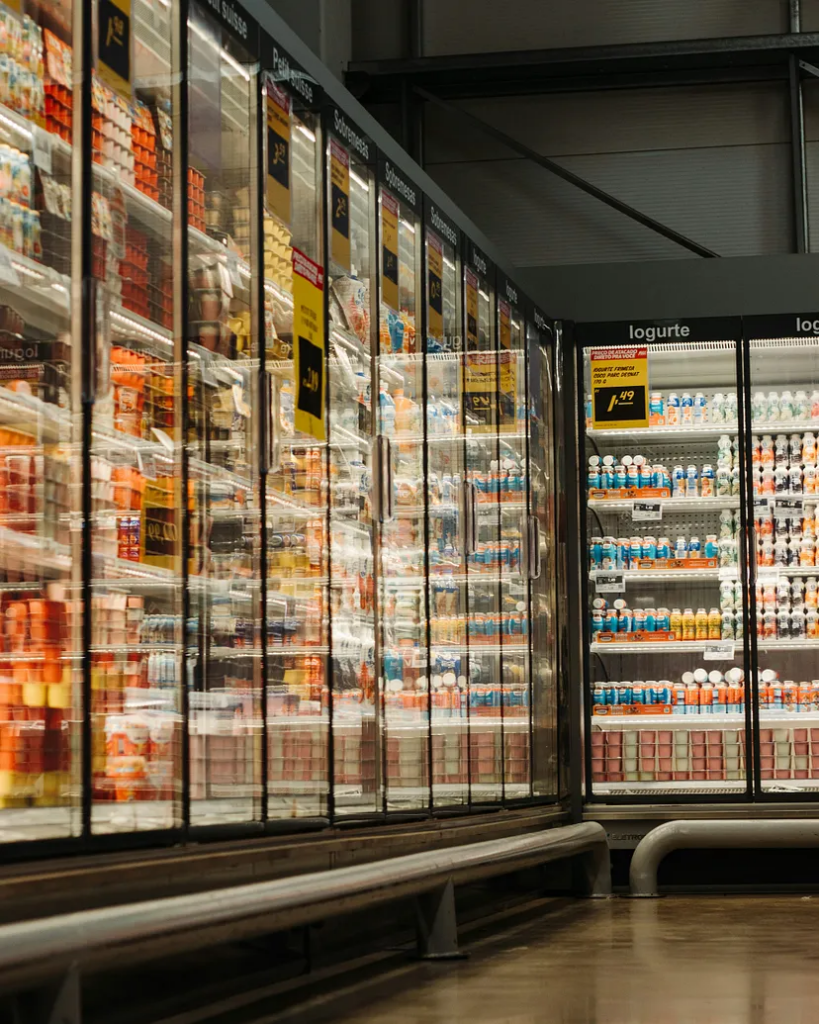
Refrigerators are like the holy grail of modern kitchens, right? Imagine life without one — where would your leftover pizza live?
Yet, across the globe, many cultures have thrived for centuries without a fridge humming in the corner. Shocking, isn’t it?
But let me tell you, their ways aren’t just about survival; they’re a masterclass in resourcefulness, connection, and taste.
My Grandma’s Secrets to Freshness
I remember visiting my grandmother’s village as a kid. Her kitchen had no fridge — none. Yet, everything was so vibrant.
Milk wasn’t a daily staple like in some other places, but coconut milk was freshly squeezed from grated coconuts, vegetables were bought straight from the morning market, and spices were ground with a stone mortar and pestle.
Honestly, I didn’t miss the fridge because the food was mind-blowingly delicious.
When I asked her why she didn’t bother with one, she laughed and said, “Why do I need a box to keep my food when the earth and nature already do it for me?” At first, I thought she was just being poetic. Later, I learned she was spot-on.
Why Some Cultures Go Fridge-Free?
Turns out, it’s not just about tradition. Here’s why some cultures don’t rely on refrigerators:
1.Food as a Daily Ritual
In many parts of the world — like Southeast Asia, the Middle East, and Africa — shopping and cooking are daily activities, not chores. Food is prepared fresh every day, which minimizes waste and maximizes flavor. Can you imagine making a salad with greens so crisp they crunch like potato chips?
2. Clever Preservation Techniques
Fridges aren’t the only game in town. Many cultures have perfected ancient preservation hacks:
- Fermentation: Think Korean kimchi or Ethiopian injera.
- Drying: Moroccan spices, dried fish in Indonesia, or sun-dried tomatoes in Italy.
- Earthen Coolers: Clay pots act like natural mini-fridges, keeping water cool and veggies fresh. My grandma had one, and I swear her mangoes tasted better because of it.
3. Energy Access and Costs
Not everyone has 24/7 electricity. In rural areas or underprivileged regions, the focus shifts to low-energy solutions that fit the rhythm of life.
4. Cultural Values and Sustainability
A fridge-free lifestyle often ties back to values of simplicity and environmental harmony. Why waste energy when the natural world already offers solutions?
What You Can Learn (Even If You’re Not Ready to Ditch Your Fridge)
Here’s the juicy part — these practices aren’t just relics of the past. They can upgrade your life in ways you’d never expect.
1. Get Intimate With Your Food
Our connection to food is getting lost somewhere between the freezer aisle and Uber Eats. Try shopping at a farmers’ market or growing your own herbs. There’s something magical about picking a tomato off the vine and biting into it while it’s still warm from the sun.
2. Waste Less, Save More
How much food in your fridge ends up in the trash because you forgot about it? (No judgment; we’ve all been there.) Adopting a fresher, more mindful approach can save you serious cash and reduce your carbon footprint.
3. Rediscover Flavor
Ever noticed how some preserved or fresh foods have a depth of flavor that store-bought stuff can’t touch? Think fermented miso, tangy Greek yogurt, or freshly dried herbs.
4. Live More Sustainably
You don’t need to swear off refrigeration entirely, but cutting back can be a power move for the planet. Use your fridge strategically — like storing only what truly needs to stay cold.
A Fresh Perspective
Next time you open your fridge and stare blankly at its contents, ask yourself: How much do I really need this? Could I live with fewer leftovers, fresher ingredients, and a deeper connection to the food I eat?
The fridge is a modern marvel, no doubt. But stepping out of its shadow — if only a little — might just change the way you see the world. Or, at the very least, make your meals a whole lot tastier.
As my grandma would say, “The best seasoning for food is love.” And honestly, isn’t that what it’s all about?









